
Recommendation
In this collection of essays, edited by Columbia University president Lee C. Bollinger and University of Chicago law professor Geoffrey R. Stone, 34 distinguished scholars, lawyers, politicians and journalists consider one of the weightiest questions of our day: amid the rise of social media, how to protect the public interest – and democracy itself – while preserving free speech. Social media companies have no incentive to drive change, the authors argue; therefore, industry, government and the general public will need to work together to avert disaster. The volume includes a report prepared by a commission of leaders in politics, academia and journalism setting out a program of reforms.
Summary
About the Authors
Lee C. Bollinger is the outgoing president of Columbia University, the longest serving president in Ivy League history. He is Seth Low Professor at Columbia Law School, and one of the nation’s foremost First Amendment scholars. Geoffrey R. Stone is Edward H. Levi Distinguished Service Professor of Law at the University of Chicago. Contributors to the book include Emily Bazelon, Cass R. Sunstein, Lawrence Lessig and David A. Strauss, among many others.









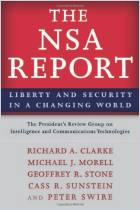
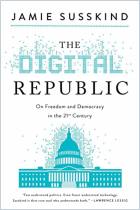

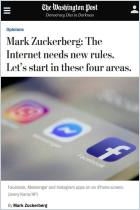
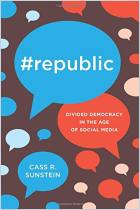
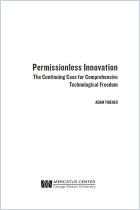
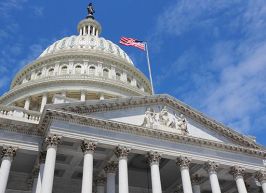

Comment on this summary